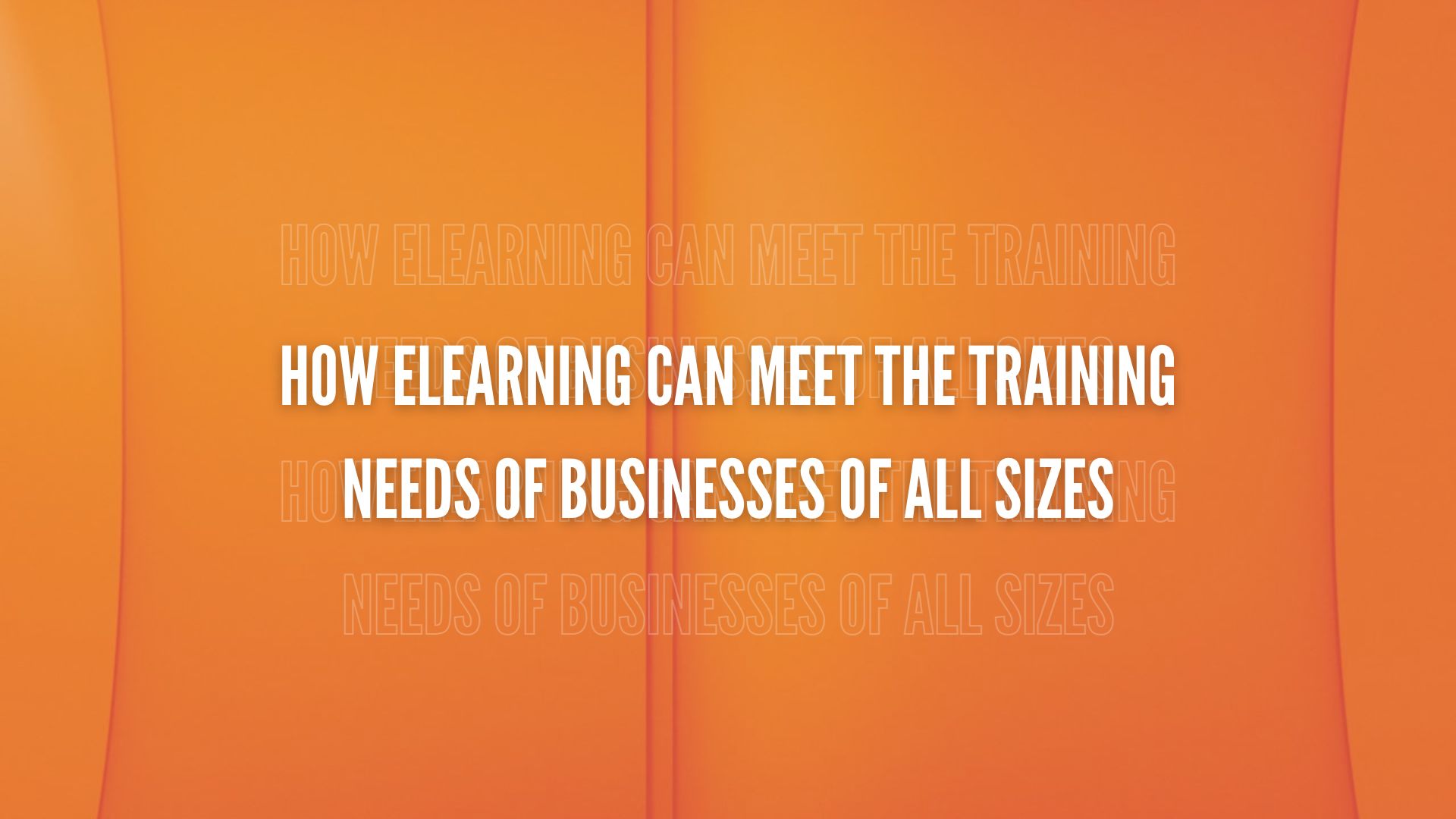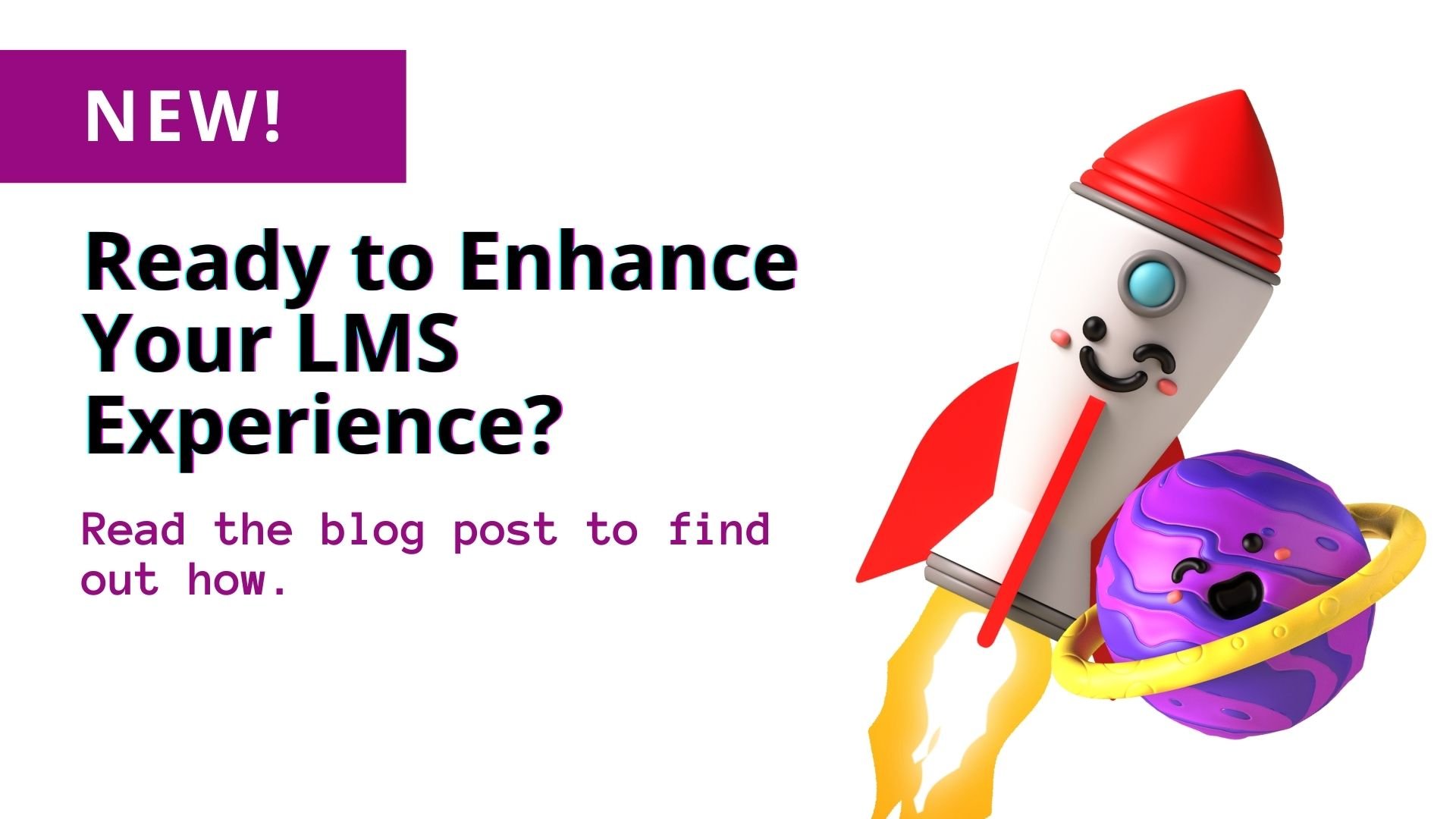What do you think work-life balance is? Although there are many definitions, for the sake of clarity, let’s assume that work-life balance means having a successful career as well as a full personal life that includes time for one’s self and family.
Sadly, work-life balance doesn’t exist for a lot of employed people. Mary Reynolds Kane, writer for the Professional Convention Management Association, says that “38 percent of employees have missed life events because of bad work-life balance.” We’d wager that that’s a low-ball estimate.

The Answer to the Work-Life Balance Dilemma
The only thing more incredible than what humans are capable of achieving is what humans are not capable of achieving. For example, a (hypothetical) man who has climbed Mount Everest cannot get his anger under control. A single mother who started her own multi-million dollar business can’t lose 20 pounds. A successful doctor is so busy with his practice that his family relationships suffer severely. Surely you can think of similar scenarios.
Many individuals who are highly respected professionally are unable to achieve any semblance of a work-life balance. Too often, people mistakenly believe that technology is to blame for this lack of balance. After all, if there were no such thing as email and text messaging, professionals would have less pulling them away from their personal lives, right? No, not necessarily.
Although technology has made life harder in some ways, it is not the culprit for the widespread lack of work-life balance. Actually, eLearning technology is the solution to the work-life balance dilemma.
eLearning Promotes Balance Between Career and Personal Life
Are you surprised to learn that an eLearning platform, also referred to as a social learning management system (LMS), can facilitate work-life balance? If so, it’s only because you are unaware of the ways in which an LMS can simplify someone’s life. At first glance, it may seem as if an eLearning system would add more items to an employee’s daily to-do list, but that’s not the case. An eLearning platform doesn’t tie-up time; it frees it up!
How much time would you say you’ve spent travelling to and from professional meetings, training sessions and other work-related events? 100 hours? More? What would you do with those hours if you could get them back? Although this is impossible, you can give your employees the gift of time by simply implementing an LMS. Because a cloud-based eLearning system stores all of a company’s information in a secure online location, individuals are enabled to work from home, completing employee trainings online and connecting with their peers via realtime chat and video conferencing. This work-from-home idea does not encourage laxity in work performance, but it does allow employees to have a much more flexible schedule, and, you guessed it, a greater work-life balance. It’s just as Srilakshmi Janardanan, writer for elearningindustry.com, says: “The work-from-home concept cuts back on…laborious commutes, fuel, and gives the employee more time to work and maintain a healthier work-life balance.”
The Fear That Prevents Employers from Implementing an LMS
It’s not uncommon for employers to shy away from implementing an eLearning platform out of fear that it will disengage their employees. This is an understandable concern. After all, it stands to reason that having to physically attend a training session or meeting, for example, would demand more attention than merely attending online. However, studies have shown that blended learning (which is heavily reliant upon online learning) is more motivating than in-person, traditional learning.
Claudia Moessenlechner, Regina Obexer, Karin Sixl-Daniell, and Juergen-Matthias Seeler’s paper, E-Learning Degree Programs – A Better Way to Balance Work and Education?, reports, “Studies that looked at motivation in E-learning specifically found that students in E-learning environments were motivated and that E-learning was at least as effective as learning in traditional settings, with contents, methods, and support services playing a crucial role in motivation and satisfaction of students - more so than technology. Blended learning students were described as better satisfied and more intrinsically motivated than traditional students in a number of studies.”
Employers who want to motivate their employees and ensure they have a proper work-life balance should consider investing in a learning management system like TOPYX. TOPYX is an award-winning eLearning platform that is utilized by companies like American Farm Bureau Federation, Honeywell, Tupperware, and Interstate Batteries. This full-featured LMS is perfect for associations and nonprofits, businesses, multinationals, and organizations in the healthcare industry and public sector.
A lack of balance between career and personal life is a key reason why individuals drop out of college, and may also be a culprit behind high employee turnover rates. Implementing eLearning technology is an excellent way companies can fortify their employees against burnout and ensure balance in all areas of life.




